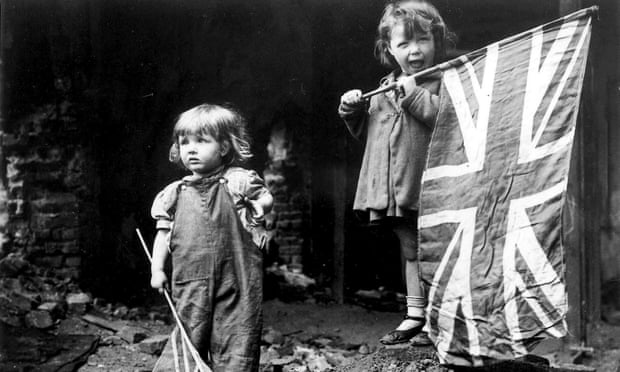by SADIQ KHAN

As we mark the 80th anniversary of the start of the second world war, with liberal democracies again under siege, Britain should be leading the fight against extremism
Eighty years ago, the start of the second world war saw Nazi Germany invading Poland. Six years later, up to 85 million people were dead. I’m in Poland this weekend to commemorate the start of the bloodiest war in human history.
An entire generation of brave men and women around the globe sacrificed everything to defeat the singular evil of Nazism and fascism.
We should be proud of Britain’s role in winning the war, but also in helping to build the peace that followed. A whole generation – both here and around the world – were determined that never again must we repeat the horrors of the 1930s and 1940s. This laid the foundations in the years after 1945 for more than seven decades without another world war. And it is now to today’s generations – inheriting the better, safer world envisaged in 1945 – that future peace and prosperity is entrusted.
With the numbers of those who remember that dark period dwindling by the day, fewer survive to tell their story and to warn current generations of the lessons from history. Worryingly, these warnings are increasingly pertinent. For the first time in more than 70 years, it seems the lessons of the second world war are genuinely at risk of being forgotten or, worse still, being rewritten.
The EU and Nato, so instrumental in preventing another bloody world war, are facing unprecedented attacks – often from leaders of the very nations that helped create them. Support for democracy is at a record low across the western world, and the values that define liberal democracies are under siege – from the rule of law and the independence of the judiciary, to a free press and a vibrant civil society.
Vulnerable, often minority, communities are being demonised and scapegoated for all society’s ills. And, in appalling new parallels with the horrors of the past, migrants, refugees, people of colour, LGBTQ+ and Jewish communities are bearing the brunt. This comes as a new wave of extremist far-right movements and political parties are winning power and influence at alarming speed – fuelled by Donald Trump, the global poster-boy for white nationalism. Politicians across Europe are following his example by seeking to exploit division to gain power – from Matteo Salvini in Italy to Marine Le Pen in France.
I am not saying we are reliving the 1930s but the warning signs are there. If we act now we can ensure a different path
Hungary’s Viktor Orbán has systematically destroyed the independence of both the judiciary and the press, institutions that are also under daily verbal attack from Trump and other far-right leaders around the world. The impact can also be seen in the UK, where the outsize influence of Nigel Farage and his Brexit party has pushed the Conservatives, under Boris Johnson, to become ever more rightwing, illiberal and intolerant. Just last week we saw the disdain Johnson has for parliament and our democracy.
The Guardian for more
